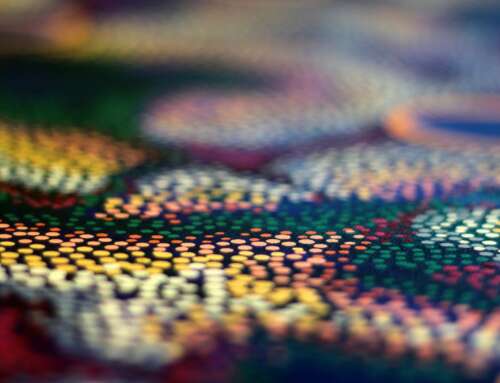A large needle is jabbed into the lips of a young girl. Instantly they become sausage-shaped.
Another girl, oxygen mask over her mouth, has her nose cut into with a scalpel.
Where did I see these images? In games targeted at children.
With online gaming apps like Girls Plastic Surgery Doctor, Mermaid’s Plastic Surgery, Princess Plastic Surgery and Superstar Face, children are given the opportunity to carry out eye lifts, nose jobs, and lip implants, and create entirely new faces using plastic surgery simulators.
The games instruct them in how to use ice to numb pre-treatment sites, lighten dark skin, decrease larger noses, carve off weight and achieve rounded eyes.
The Botox boom is filtering down to our kids
I speak in schools around the country, including primary schools, about healthy body image — children often tell me of body image concerns.
I’ve seen little girls pinch their tummies and say they are “too fat”.
The 2016 Mission Australia Youth Study identified body image as a top issue of concern for young Australians, and the National Eating Disorder Collaboration reports that 70 per cent of young women experience body dissatisfaction.
And, while no-one knows exactly how much cosmetic surgery is being performed in Australia (reporting of statistics is not mandatory), there is unprecedented growth in non-surgical procedures like Botox, with Australians spending at least $1 billion on cosmetic treatments each year.
The companies profiting from the ‘body angst’ epidemic
The global technology companies that sell these games — Apple, Google, and Amazon — need to acknowledge that they are profiting from this epidemic of body angst, and introduce clear policies stating that they will not accept them from developers in the first place.
There are hundreds of cosmetic surgery games available through the various app stores for kids to play: a mix of paid and free, though most appear to be free (the ads featured within them generate revenue).
‘Contributing to children hating themselves is not a game’
Sarah McMahon, a psychologist and founding director of eating disorder treatment practice BodyMatters Australasia, said she and her colleagues were seeing more cases of young girls and boys presenting with “clinically significant concerns regarding their appearance”.
“Kids are growing up with a stronger message than ever that your appearance matters, you can only look one way, and there is tremendous cost to not meeting that ideal,” said Ms McMahon, who is also the Australian spokeswoman for Endangered Bodies.
“If you don’t meet that ideal there is something wrong with you that needs to be fixed.
“Cosmetic surgery apps frame major surgery as a game, normalizing the procedures and trivialising their risk. These apps make choosing a new nose look as innocent and harmless as choosing a new outfit rather than the major surgery that it is.”
But contributing to children hating themselves is not a game.
Do we really want our girls to grow up believing that surgically altering their appearance is a normal part of being a woman?
– Melinda Tankard Reist
Read More: Are we OK with games that allow kids to perform eye lifts and nose jobs?
Photo Source: Amazon








Leave A Comment